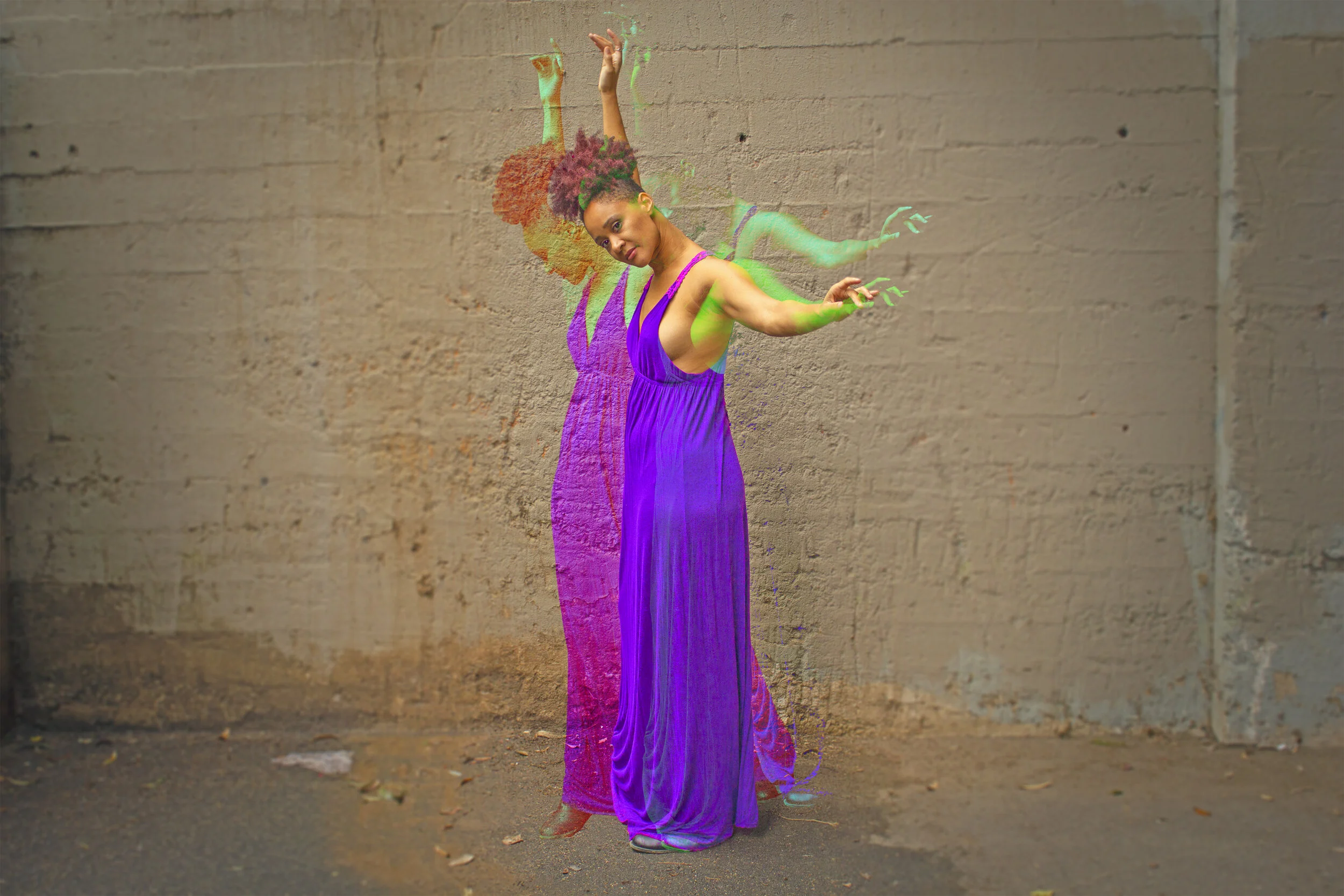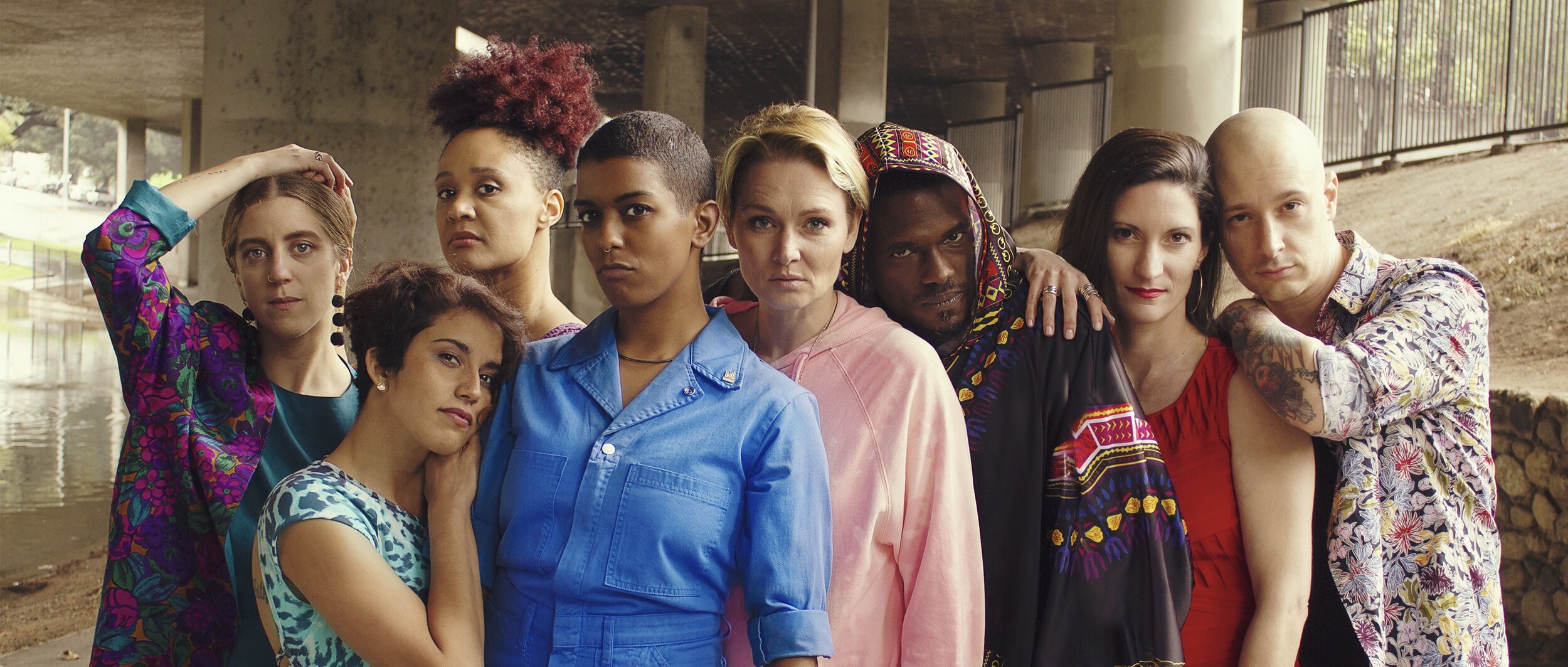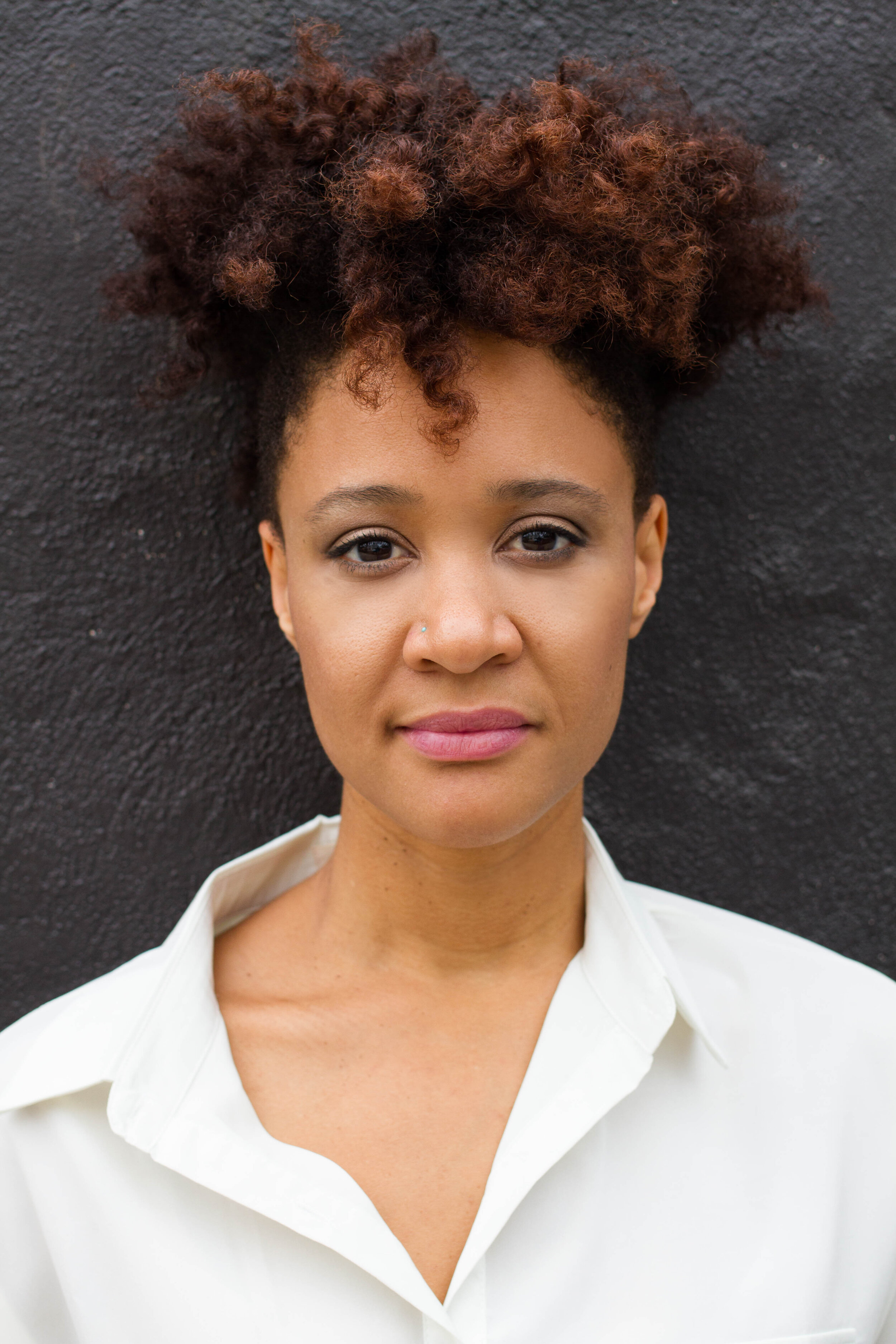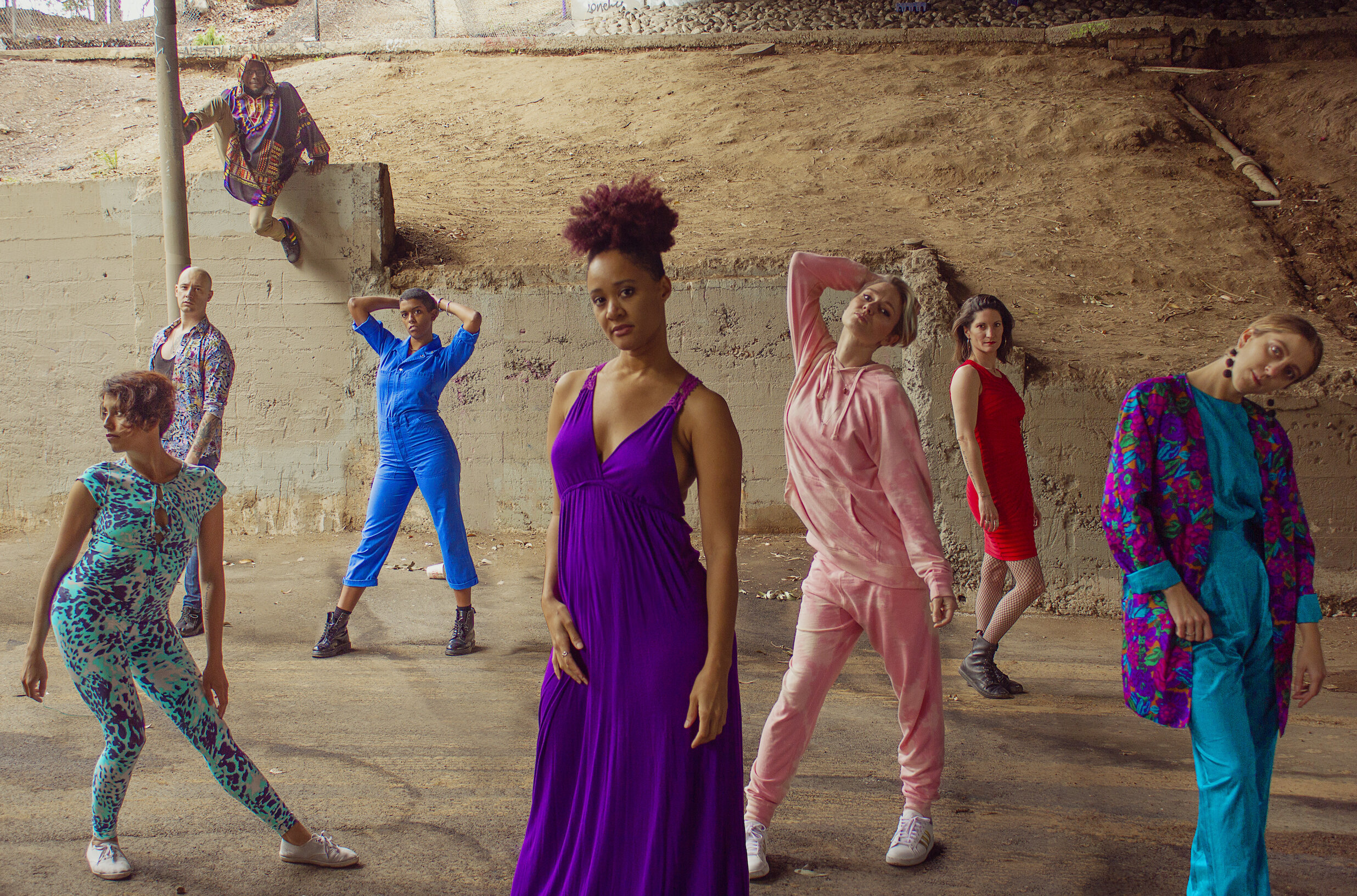Kai Hazelwood
How Do We Get Each Other Through This Intact?
When we caught up with dancer, choreographer and activist Kai Hazelwood at her home in Los Angeles, we found her at a powerful intersection in the American timeline.
A world coping with pandemic. A nation in unrest over the murder of George Floyd in police custody and hundreds of years of systemic American racism, oppression of the black community and violence against black bodies. The beginning of Pride month.
We take a breath and dive in. Hazelwood deftly balances determination with grace, both onstage and in conversation. This is key to her work as a black LGBT activist artist, and the approach of her dance company, Good Troublemakers.
“Nobody's coming to save us. The leadership of this country has made that abundantly clear. Nobody's coming to bail us out. So how do we get each other through this intact?”
Hazelwood’s work is built both on deep traditional ballet training and on never quite fitting in that world. “I grew up training as a hardcore ballerina, and my life plan was I was going to join a dance company,” she says. “Pretty early on the fact that I'm almost six feet tall and black made it very clear that ballet was not going to be a world that had space for me.”
As with so many artists we talk to, Kai faced the necessity of blazing her own trail and building her own vocabulary of work. After working with Oakland Ballet, she earned her degree from UCLA and then taught at AMDA College & Conservatory — all along building a community of students and artists who shared her approach and aesthetic.
That community eventually coalesced into The Good Troublemakers, a group of self-described “artist-agitators” who create deeply serious, deeply fun work that celebrates and expands queer dancemaking while dismantling bias and racism.
Good Troublemakers photos by Alex Millar
Outside the group’s dance works, they further other important work, including Practice Progress, a series of body-based workshops led by Hazelwood and Sarah Ashkin that explore how white privilege and white supremacy embed themselves in our bodies, and how to work past them while building community. They’re currently adapting to COVID-19 with a series of hugely popular online gatherings called Listen In.
Good Troublemakers also present the annual event Unicorn Party in honor of Bi Pride Month. It’s an inclusive, spectacular evening of dance, music and art designed to celebrate the queer community while building understanding of what it means to be bi.
“There’s one thing that I picked up to include everywhere I say anything,” Kai explains. “Which is the definition of bisexuality that we use, because there's a lot of misconception that it refers to attraction to men and women and therefore it's excluding trans folks or non-binary folks. That is not true … bi refers to attraction to genders that are similar to mine and different from mine. So that includes, everybody. Now, not every bi person is attracted to every gender just like every person in the universe is not attracted to every other person in the universe that definition itself is not referring purely to cis gender people.”
This year, Unicorn Party will take place online. “At first I was like, ‘ah, holy crap,’ but then made me go, ‘there's actually an interesting opportunity here, because now we could actually work with artists, wherever they are in the world, and have people tune in and participate, no matter where they are in the world.”
Community is central to Hazelwood’s work, and as the company dealt with COVID-19 disrupting their scheduled season, she chose to focus first on her people and second on work.
“The mission shifted from external facing work, and visible productivity into how do we get our little community through this time because nobody's coming to save us. The leadership of this country has made that abundantly clear,” she says. “Nobody's coming to bail us out. So how do we get each other through this intact?”
They help one another with money, food, unemployment registration and anything they might need. She explains, “How can you even talk about, ‘okay I'm gonna hire you for a project’ when I know that you’re food insecure?”
While she and Good Troublemakers make inroads in the dance scene, Hazelwood still battles that needling issue of not quite fitting in.
“The thing I find the most frustrating, is … we don't really fit terribly well in a lot of the infrastructure that exists around dance,” she says. “There isn't space for people doing things outside of that framework, you have to build it yourself … it's sort of like being a lone orange and a barrel full of apples people are like, ‘what is this doing here?’ So I think I feel that tension and I feel I spend a lot of time wrestling with. I don't have to change what we're doing, because that community has decided that it doesn't have value.”
In today’s chaotic climate, Hazelwood and the Good Troublemakers have their work cut out for them. However, it’s exciting to see that their spark comes from within, and that Kai’s focus on community drives her as she pushes forward into whatever future we’ll all find.
“How do we rally around each other and really think of what mutual aid looks like?” she asks. “So that as we move into a very different future. None of us are broken. And none of us have been left behind.”
Want to learn more? Join the Outer Voice Not-So-Secret Society for an extended article from this interview, plus other great benefits.
Learn more about Kai and Good Troublemakers here.









